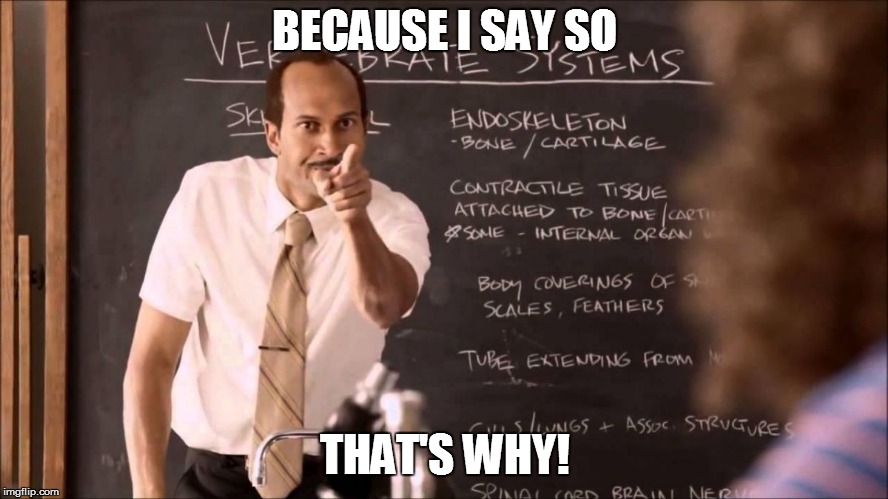NASA would prefer you to believe that Curiosity is currently exploring the Gale Crater on the planet Mars.
Or is it?
Yes, it is.
Look:
Curiosity is also the title of a programme at my school in which students are given the opportunity to work with teachers and guests to find out more about the subjects they study and how they can be linked to real life.
Curious students tend to do better than their less curious classmates.
A few weeks ago I planned and delivered a Curiosity session (based on an article I wrote for Teach Secondary about gender and adjectives in French).
My session started with me asking the students a question:
Why is a French pencil case feminine and a Spanish pencil case masculine?
The inevitable answer came:
You told us they were.

The truth is that students, generally speaking, just accept everything their teachers tell them as Gospel and rarely question anything.
To my mind, Curiosity sessions are the ideal place to question anything and everything.
In a controlled environment, obviously.
I'm not a hippy!
So, I set the young explorers away on a (laptop) mission to discover why some words are masculine and feminine and even neuter!
The important things they discovered were:
- Most Latin-based languages have different genders of nouns and some others but not all.
- "gender" has nothing to do with sex and is closely linked to the word "genre"
- physical characteristics often dictate the gender of a noun
- Abstract nouns tend to be feminine in many languages (they tested it on wordreference.com)
- Sometimes the same word can have 2 different genders depending on its meaning.
- Nobody really knows why.
- and my favourite, it is important to ask questions and research answers even though there is not always a clear answer.
They really enjoyed themselves and I'd love to do it again.
No comments:
Post a Comment